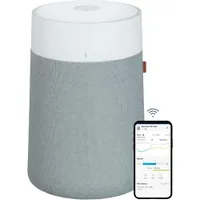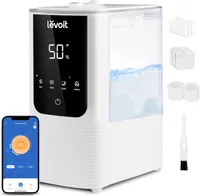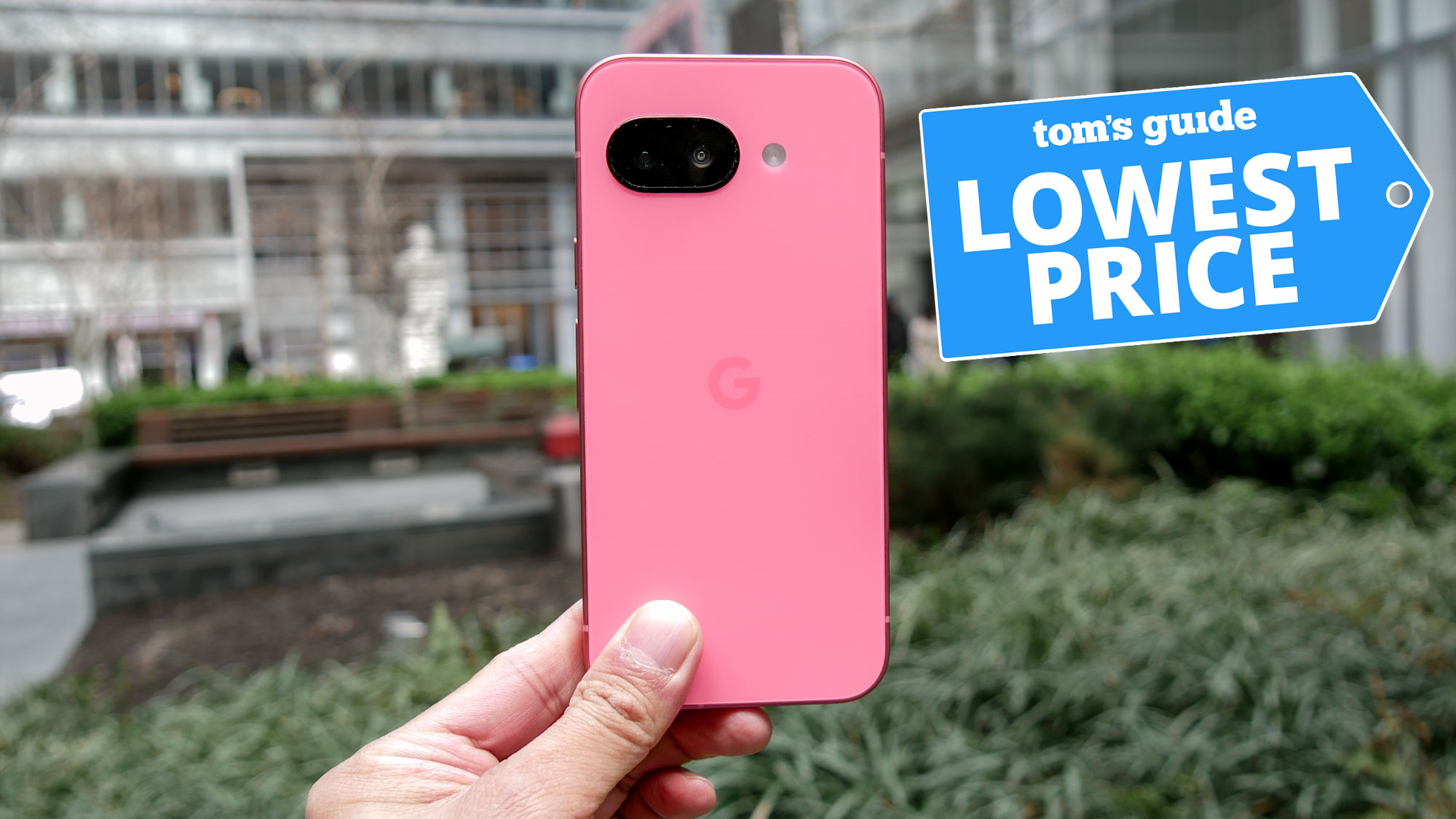Air purifier vs. humidifier: Which should you buy?
What are the differences?
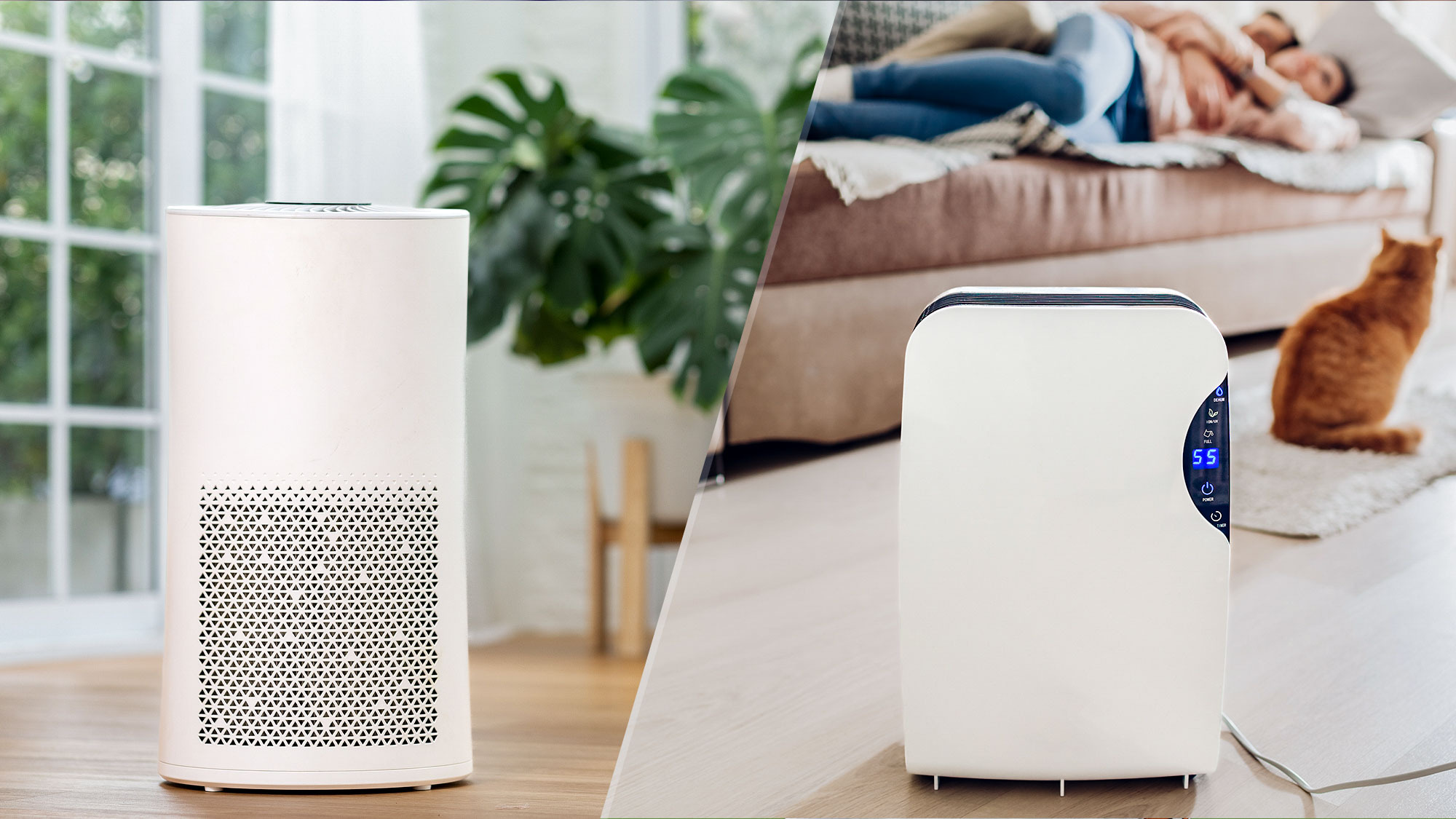
Here at Tom’s Guide our expert editors are committed to bringing you the best news, reviews and guides to help you stay informed and ahead of the curve!
You are now subscribed
Your newsletter sign-up was successful
Want to add more newsletters?

Daily (Mon-Sun)
Tom's Guide Daily
Sign up to get the latest updates on all of your favorite content! From cutting-edge tech news and the hottest streaming buzz to unbeatable deals on the best products and in-depth reviews, we’ve got you covered.

Weekly on Thursday
Tom's AI Guide
Be AI savvy with your weekly newsletter summing up all the biggest AI news you need to know. Plus, analysis from our AI editor and tips on how to use the latest AI tools!

Weekly on Friday
Tom's iGuide
Unlock the vast world of Apple news straight to your inbox. With coverage on everything from exciting product launches to essential software updates, this is your go-to source for the latest updates on all the best Apple content.

Weekly on Monday
Tom's Streaming Guide
Our weekly newsletter is expertly crafted to immerse you in the world of streaming. Stay updated on the latest releases and our top recommendations across your favorite streaming platforms.
Join the club
Get full access to premium articles, exclusive features and a growing list of member rewards.
If you’re dealing with allergy symptoms, dry skin or stuffy rooms in your home, you might consider getting one of the best air purifiers or a humidifier.
But choosing between the two can seem tricky—especially if you’re unsure how they differ and which one will work best in your home.
Comparing an air purifier vs. a humidifier can help you decide which appliance to get (or whether to get both).
This article covers the main differences between the two appliances, how each one works, and the signs that your home needs one or the other.
We spoke with two air quality experts to get the inside scoop on air purifiers vs. humidifiers, and help you make an informed choice for your home.
How do they work?
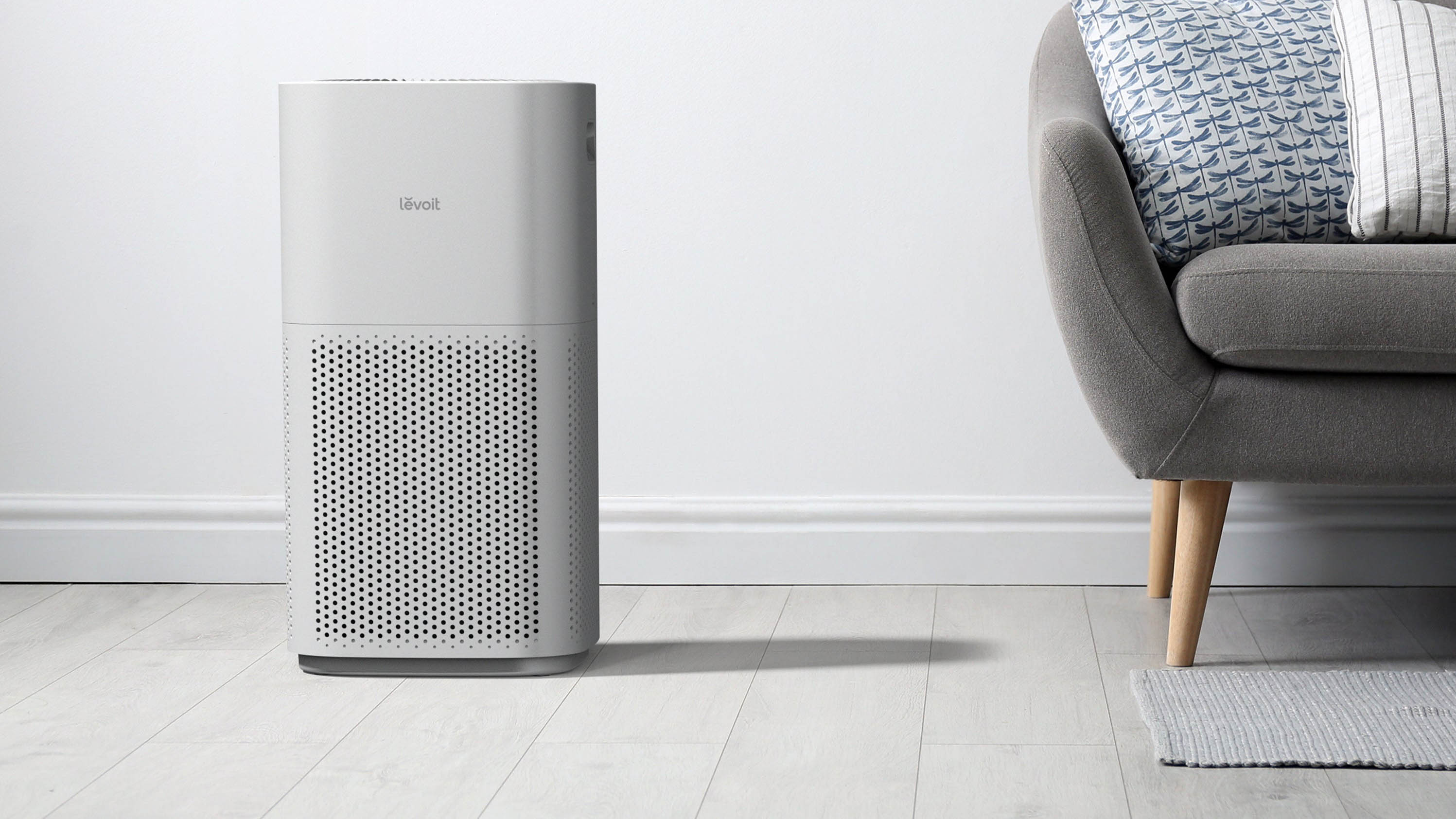
Before deciding between an air purifier and a humidifier, you must understand how each appliance works.
Both appliances can improve the indoor air quality in your home, but each has a different purpose. So what exactly do we look out for?
Get instant access to breaking news, the hottest reviews, great deals and helpful tips.
“An air purifier cleans the air of pollution, while a humidifier adds moisture to a space," states Peter Mann, founder and CEO of Oransi. "A humidifier does not clean the air of pollution, and an air purifier does not impact relative humidity.”
Humidifiers are recommended if you live in a region with low year-round humidity, such as the Southwest. They can also be helpful in households that experience low winter humidity.
“A humidifier deals with moisture in the air,” explains Michael Rubino, founder of HomeCleanse and chair of Change the Air Foundation. “It helps add moisture to the air and increases indoor humidity levels.”
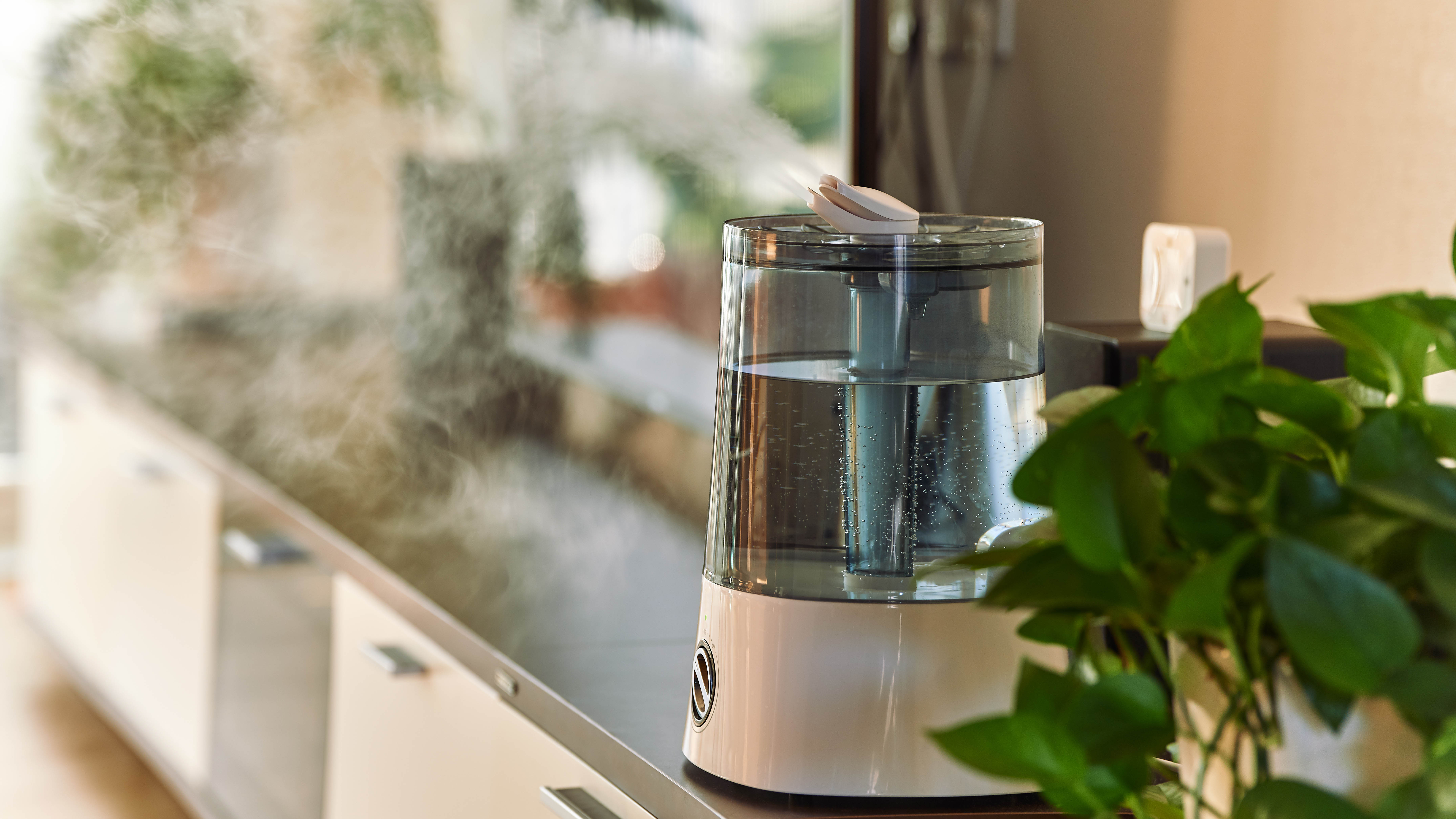
A humidifier releases water vapor and steam from a built-in water tank. The machine monitors the home’s humidity levels and adjusts its output accordingly. If the tank runs out of water, the humidifier won’t run, so it’s essential to keep an eye on the water level in the tank to prevent this from happening.
Air purifiers, on the other hand, remove contaminants from the air to improve your home’s air quality. “Based on the type of technology used, these machines help pull out particulate matter like dust, mold spores, pollen, and other particles,” says Rubino.
“Some machines also have the capability to deal with VOCs [volatile organic compounds], gases, and odors.”
An air purifier uses a fan to draw in polluted air, then uses a series of filters, including a pre-filter and a high efficiency particulate air (HEPA) filter, to remove airborne pollutants.
According to the U.S. Environmental Protection Agency (EPA), a HEPA filter can remove around 99.7% of airborne particles, including dust, pollen, mold, and bacteria.
Signs your home needs an air purifier
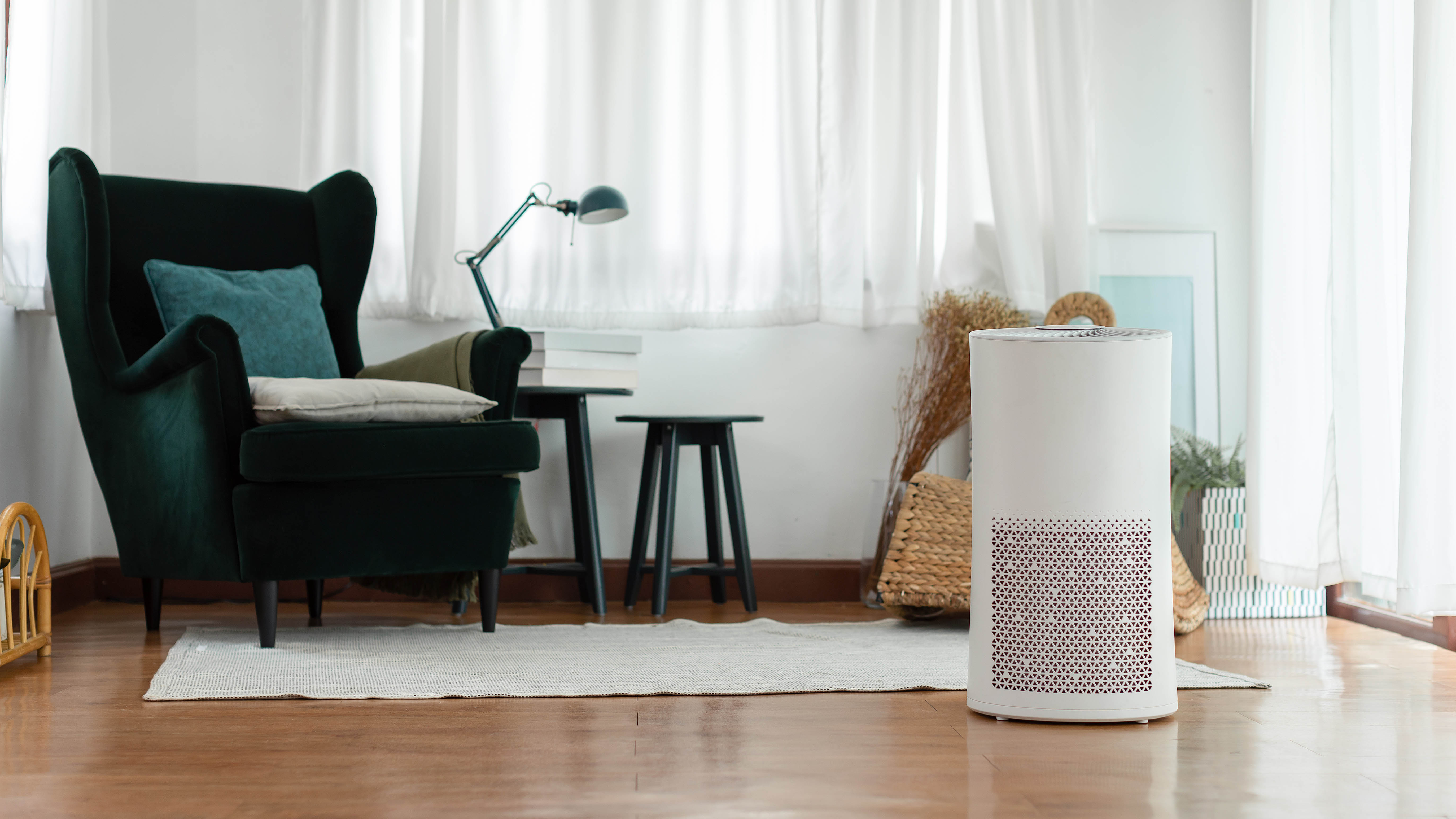
There are many reasons why you may need an air purifier. For instance, if you live in a region with low air quality, in a high-polluted city or a wildfire-prone area.
“There are many reasons to need an air purifier, such as suffering from allergies, disruptions to sleep, breathing in asthma triggers, wildfire smoke in the area, pollution from a highway or urban area, [and] installation of new flooring or furniture,” states Mann.
The latter can cause off-gassing in the form of VOCs, which can be harmful to your health if you breathe them in.
Other signs are less obvious. Rubino says an air purifier can benefit a home with water damage or visible microbial growth. He recommends watching out for signs like constant high levels of dust and musty or earthy odors, both of which signify poor indoor air quality in your home.
Allergy sufferers can benefit from installing an air purifier in their home—especially if they are allergic to dust mites or pet dander. Seasonal allergy symptoms can also decrease with the consistent use of an air purifier.
Blueair offers some of the most effective air purifiers on the market. This is Wi-Fi enabled, so you can monitor and control it remotely, and it’s a quiet operator at 23 dB on its lowest setting. There are three fan speeds to choose from and it suits rooms up to 3048 sq. ft. The 5 year warranty is useful too.
Signs your home needs a humidifier
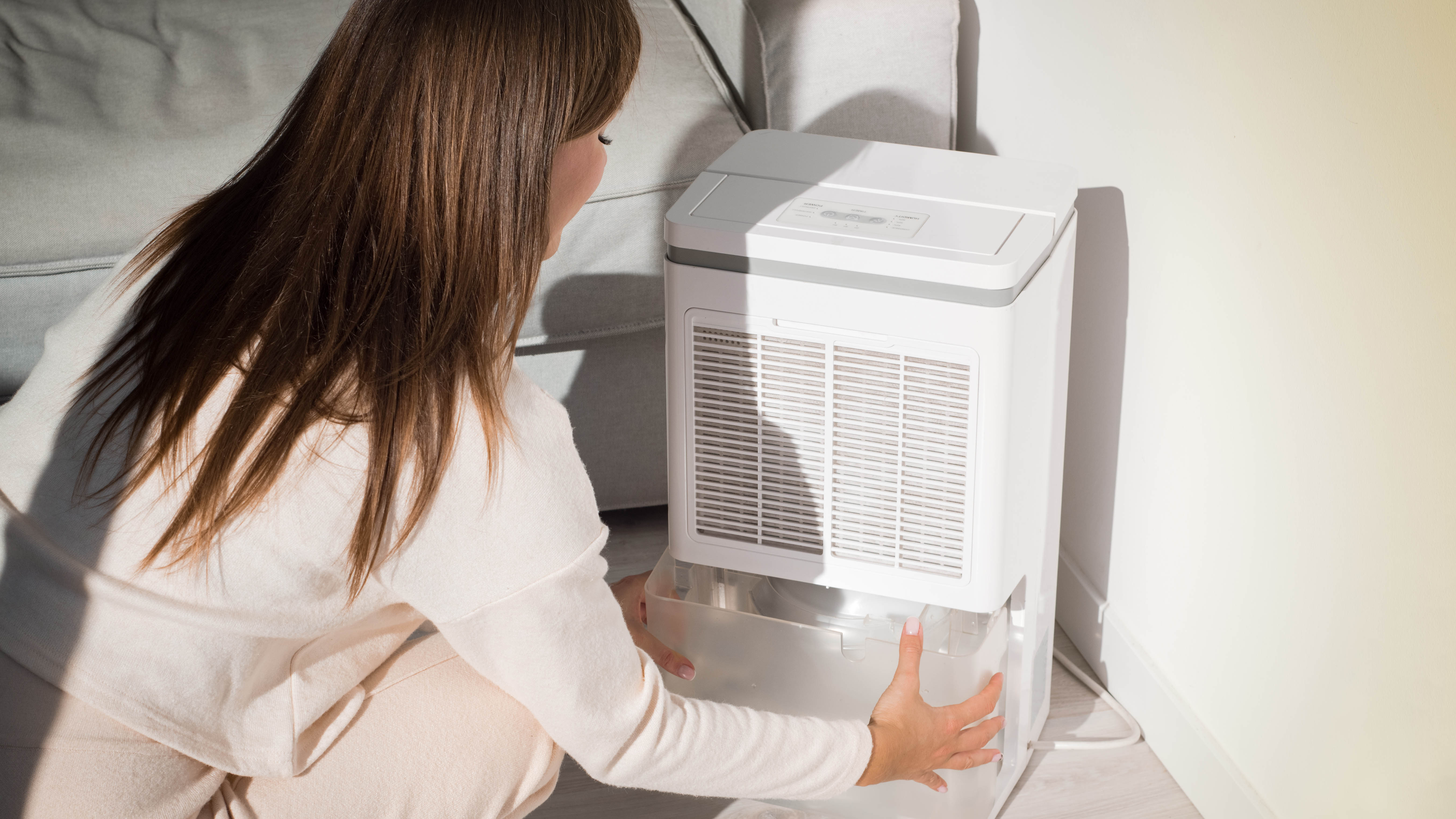
The EPA recommends keeping indoor humidity between 30% and 50% for optimal health.
If the humidity level in your home is often less than 30%, a humidifier can help add moisture to the air and make it more comfortable.
“The best way to determine whether a humidifier is needed is to measure the relative humidity,” adds Mann. “If the humidity falls below 30% (which typically happens in the winter when the heat is running) you would benefit from a humidifier to raise the humidity level.”
This neat humidifier comes with warm and cool mist, and designed with a double duct design. This offers quicker and more even humidification in large rooms.
Experts also suggest measuring the humidity levels in your home with a hygrometer or a smart thermostat. “Air that ‘feels’ dry [can lead] to cracked lips and skin, respiratory problems, or irritated eyes,” says Rubino.
He also recommends watching out for cracked or warping wood surfaces, hardwood floors separating, and dry-feeling air as signs your home needs a humidifier.
The humidity levels in your home can change depending on the season. It’s more common to see low humidity levels during the winter.
Can you use both?
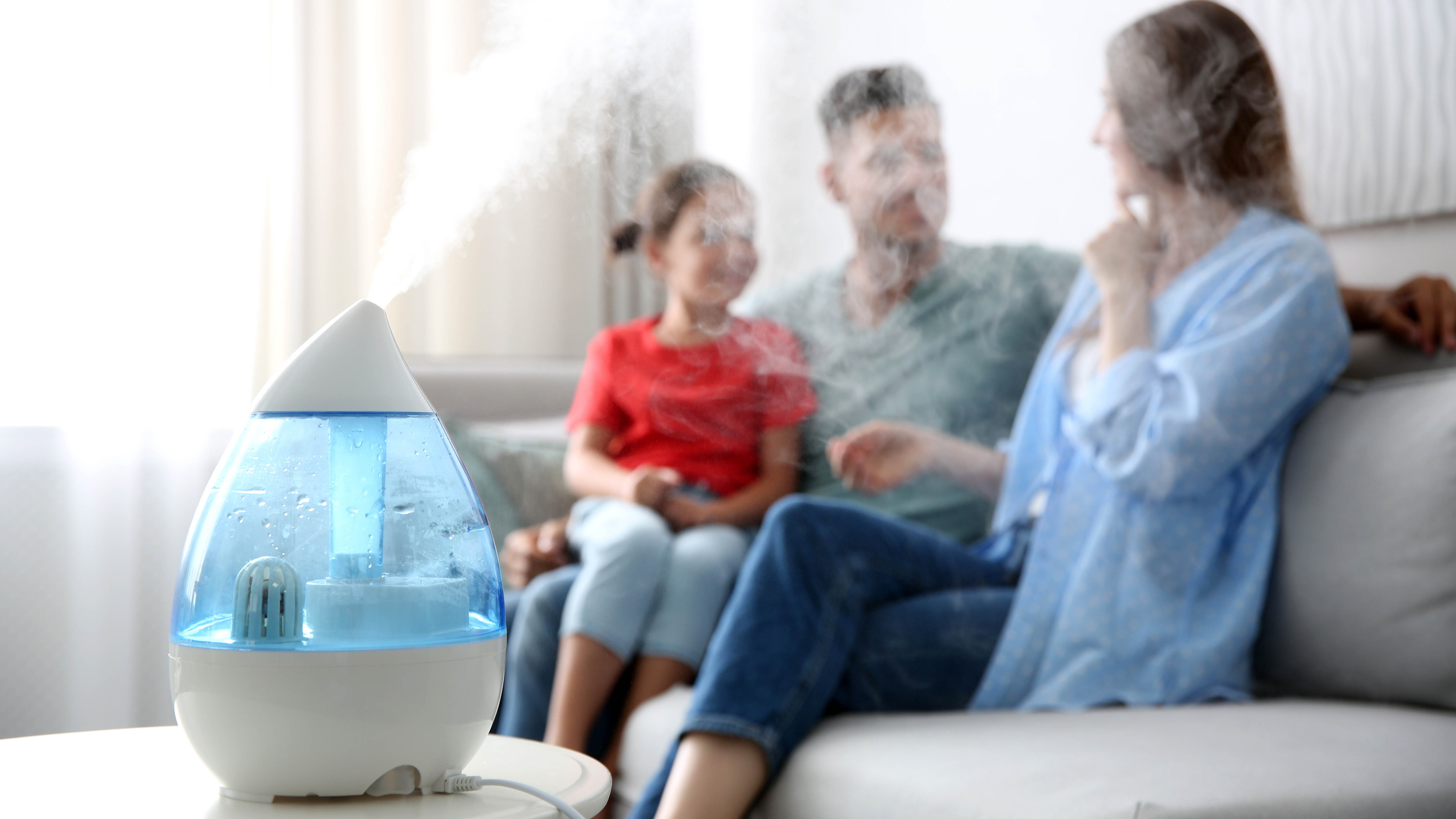
If you struggle with both low humidity levels and poor air quality, there’s no reason not to purchase an air purifier and a humidifier for your home.
In fact, the two appliances can complement and benefit each other. “An air purifier will act as an added layer of protection for the humidifier, helping prevent microbial growth by reducing the levels of mold spores and bacteria within the air,” explains Rubino.
Mann agrees. “If the humidity levels are below 30% you should use a humidifier and an air purifier can be safely used in the same space to clean the air".
Choosing the right appliance for you
Now you know the main differences between an air purifier and a humidifier, you can decide which appliance will work best in your home.
That means considering the main issues with the air in your home. “[Both appliances] improve indoor air quality; however, the purposes are quite different,” explains Mann. “It depends on whether you need to clean the air or raise humidity levels.”
Rubino agrees. “As they serve different purposes, they’ll need to be chosen based on the situation,” he says. “If the humidity in the home is too low, a humidifier would be a tool to address this issue. An air purifier should be used if there is an indoor air quality problem. “
However, Rubino recommends installing an air purifier in most homes. “With modern homes built to be energy efficient and keep indoor air trapped tight, and more products than ever containing contaminants like VOCs, every home can benefit from an air purifier".
More from Tom's Guide
- What size air purifier do you need?
- Here are 7 ways to get more out of your air purifier
- How to clean a humidifier

Catherine Hiles has over a decade of experience writing and editing on various topics, including home improvement, personal finance, home finances, pet ownership, and parenting. Her work has been featured on BobVila.com, TIME Stamped, The Penny Hoarder, and more. In her spare time, Catherine enjoys running, reading, spending time with her kids and dogs, and tackling projects around the house.
You must confirm your public display name before commenting
Please logout and then login again, you will then be prompted to enter your display name.
 Club Benefits
Club Benefits





